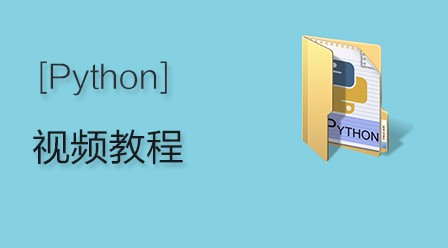
python内置了很多内置函数、类方法属性及各种模块。当我们想要当我们想要了解某种类型有哪些属性方法以及每种方法该怎么使用时,我们可以使用dir()函数和help()函数在python ide交互式模式下获得我们想要的信息。
dir()
dir()用来查询一个类或者对象所有属性,比如:
>>> dir(list) ['__add__', '__class__', '__contains__', '__delattr__', '__delitem__', '__dir__', '__doc__', '__eq__', '__format__', '__ge__', '__getattribute__', '__getitem__', '__gt__', '__hash__', '__iadd__', '__imul__', '__init__', '__iter__', '__le__', '__len__', '__lt__', '__mul__', '__ne__', '__new__', '__reduce__', '__reduce_ex__', '__repr__', '__reversed__', '__rmul__', '__setattr__', '__setitem__', '__sizeof__', '__str__', '__subclasshook__', 'append',
help()
help()函数帮助我们了解模块、类型、对象、方法、属性的详细信息,帮助查看类型详细信息,包含类的创建方式、属性、方法。
>>> help(list) Help on class list in module builtins: class list(object) | list() -> new empty list | list(iterable) -> new list initialized from iterable's items | | Methods defined here: | | __add__(self, value, /) | Return self+value. | | __contains__(self, key, /) | Return key in self. | | __delitem__(self, key, /) | Delete self[key]. | | __eq__(self, value, /) | Return self==value. | | __ge__(self, value, /) | Return self>=value. | | __getattribute__(self, name, /) | Return getattr(self, name). | | __getitem__(...) | x.__getitem__(y) <==> x[y] | | __gt__(self, value, /) | Return self>value. | | __iadd__(self, value, /) | Implement self+=value. | | __imul__(self, value, /) | Implement self*=value. | | __init__(self, /, *args, **kwargs) -- More --
举例如下:
查看python所有的关键字:help("keywords")
查看python所有的modules:help("modules")
单看python所有的modules中包含指定字符串的modules: help("modules yourstr")
查看python中常见的topics: help("topics")
查看python标准库中的module:import os.path + help("os.path")
查看python内置的类型:help("list")
查看python类型的成员方法:help("str.find")
查看python内置函数:help("open")











